
What Is Personally Identifiable Information (PII)?
Key Takeaways: Personally identifiable information (PII) is data that can uniquely identify an individual, whether through direct identifiers such as

Key Takeaways: Personally identifiable information (PII) is data that can uniquely identify an individual, whether through direct identifiers such as

Key Takeaways: User-centric identity puts the control of your digital identity in your hands. This means you decide what information
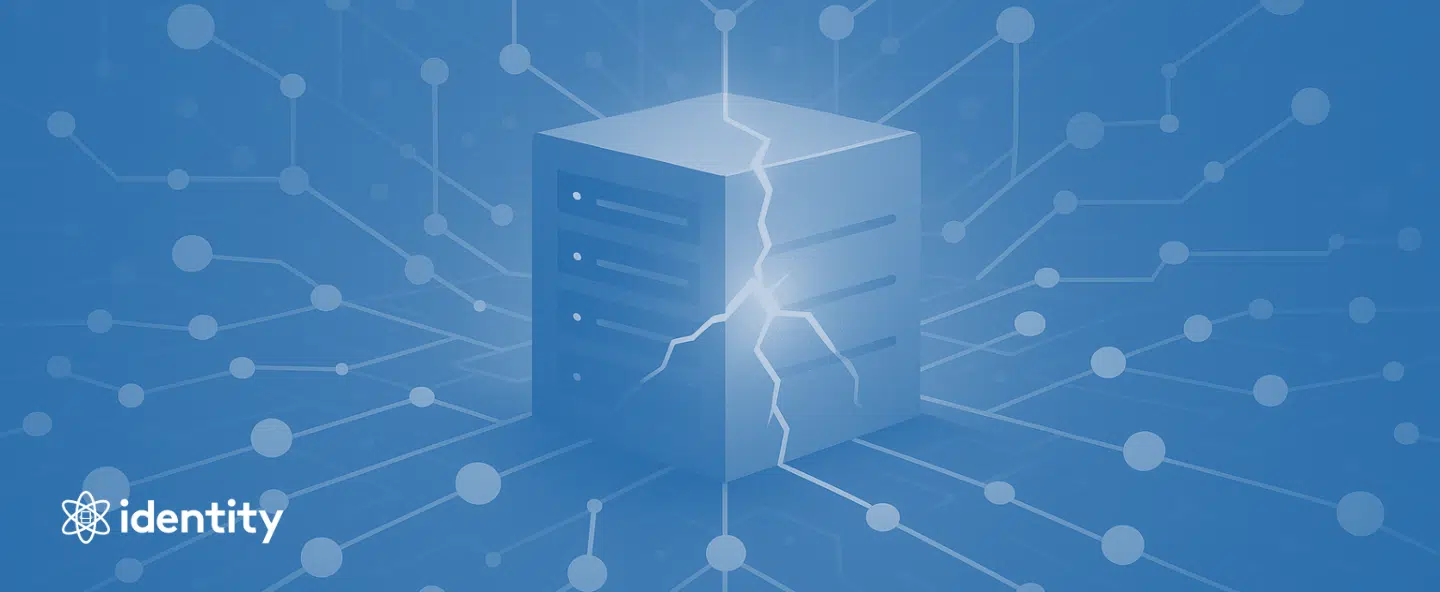
Key Takeaways: A single point of failure happens when all critical data depends on one system. This creates a fragile
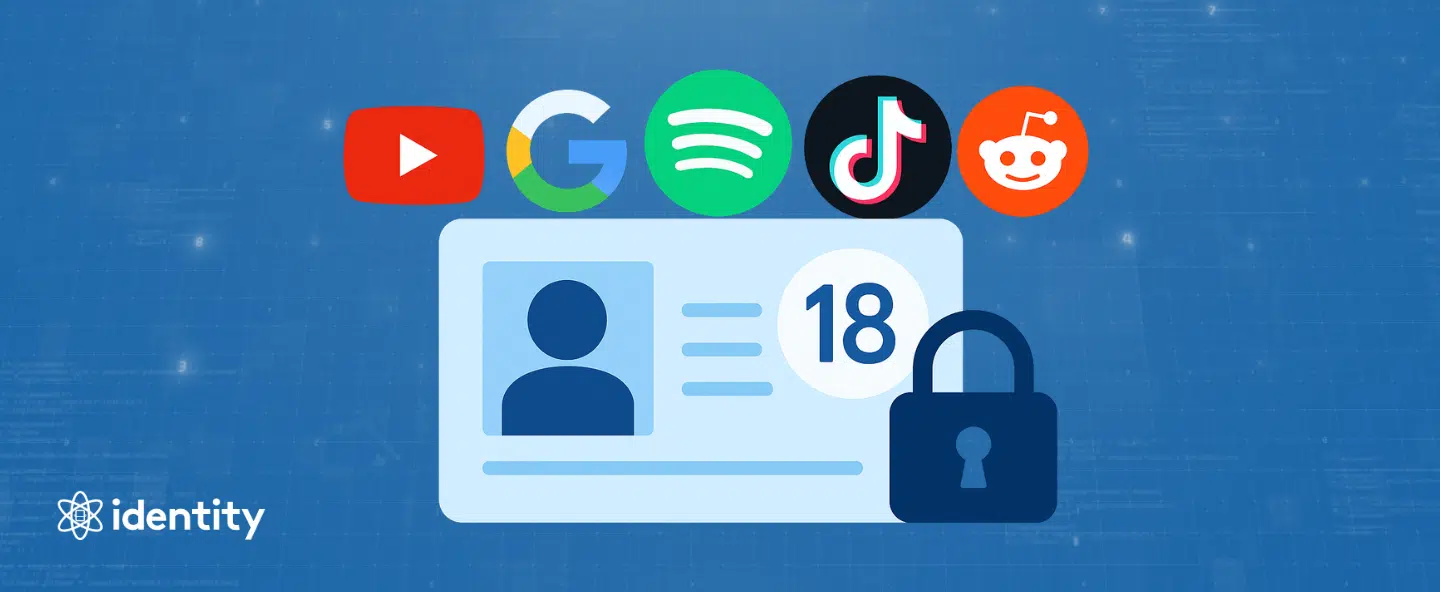
Key Takeaways: Some of the latest platforms requiring age checks include Spotify and YouTube. Their new rules have sparked backlash,
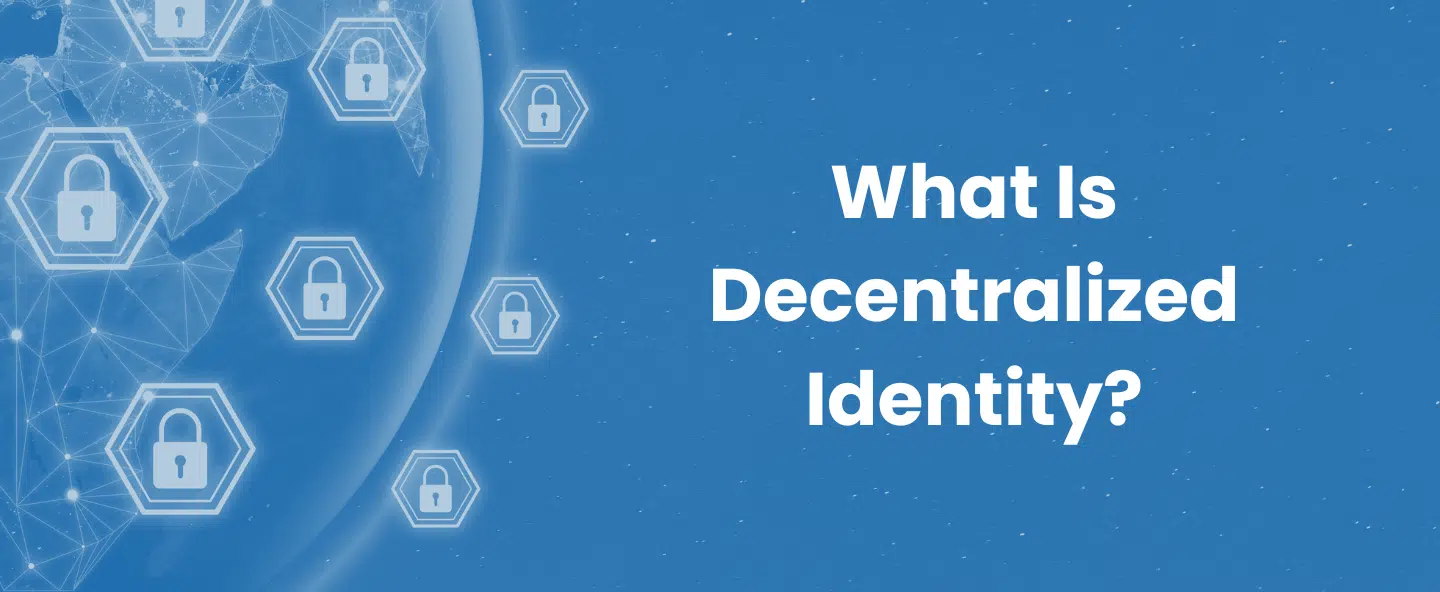
Key Takeaways: Decentralized identity puts people back in control of their personal information. Instead of handing over full documents to

Key Takeaways: Digital likeness is a person’s image, voice, or other identifiable traits when represented online or through technology. With
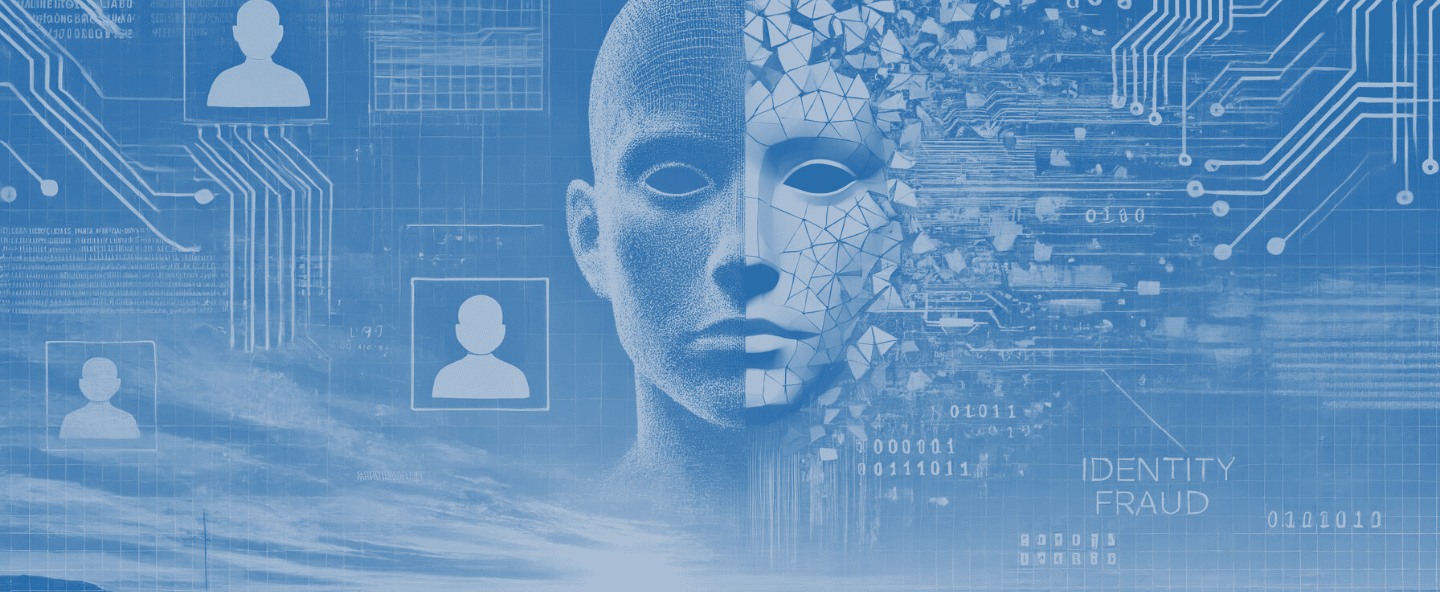
Key Takeaways: Synthetic identity fraud is one of the fastest-growing types of financial crime, blending real and fake information to
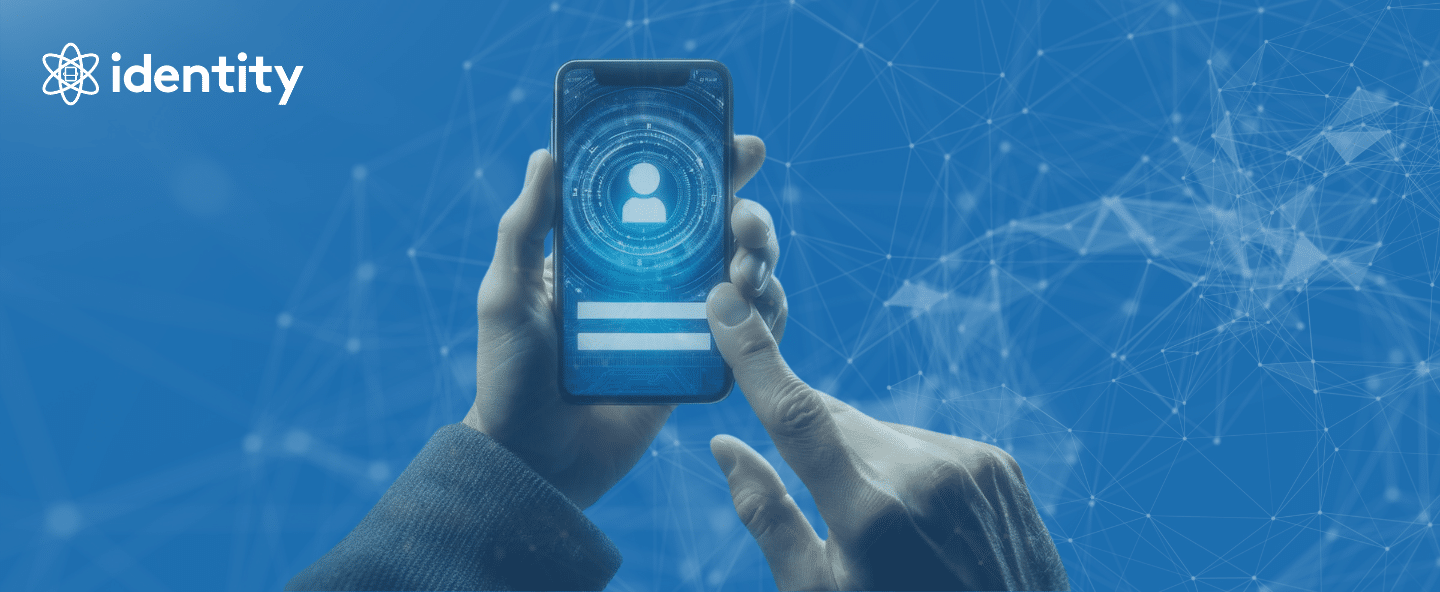
Key Takeaways: Reusable identities allow individuals to access multiple online services with a single set of verified credentials. This eliminates
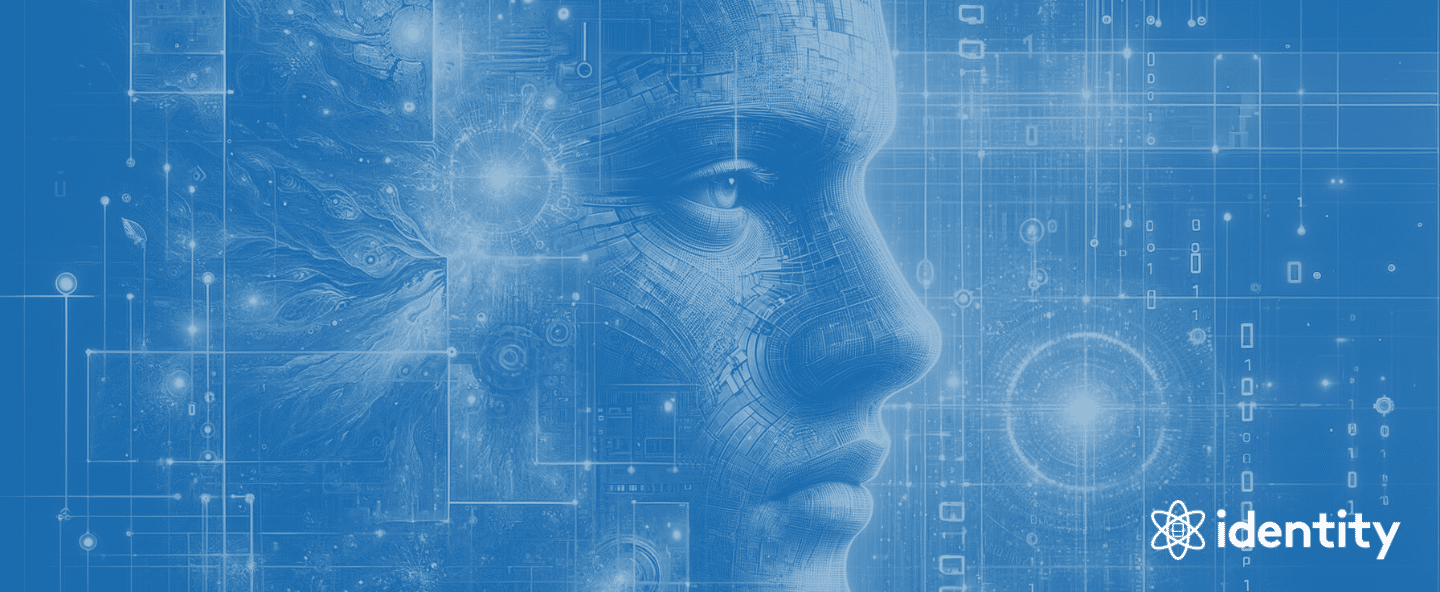
Key Takeaways: Proof of Humanity (PoH) is a system that verifies that participants are real people. It addresses the presence